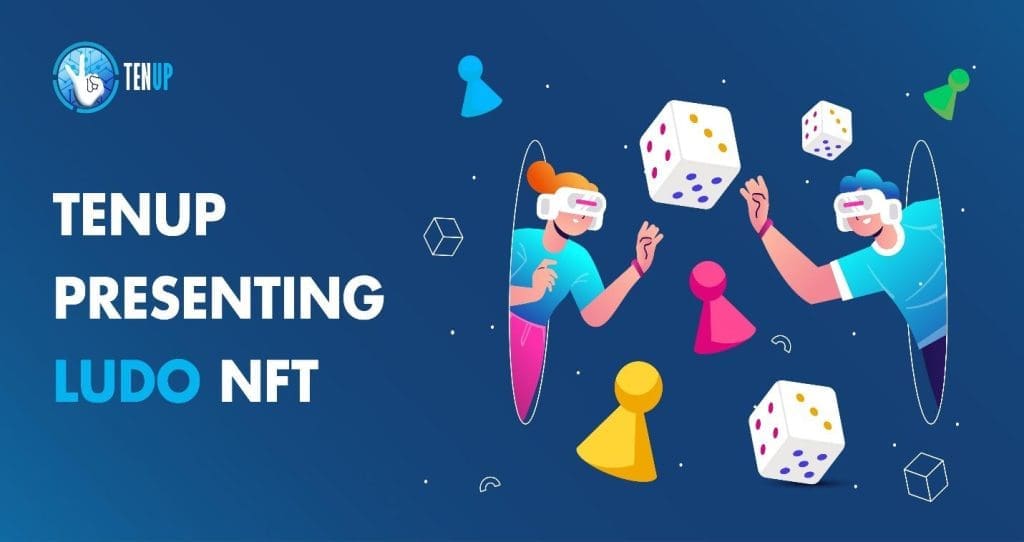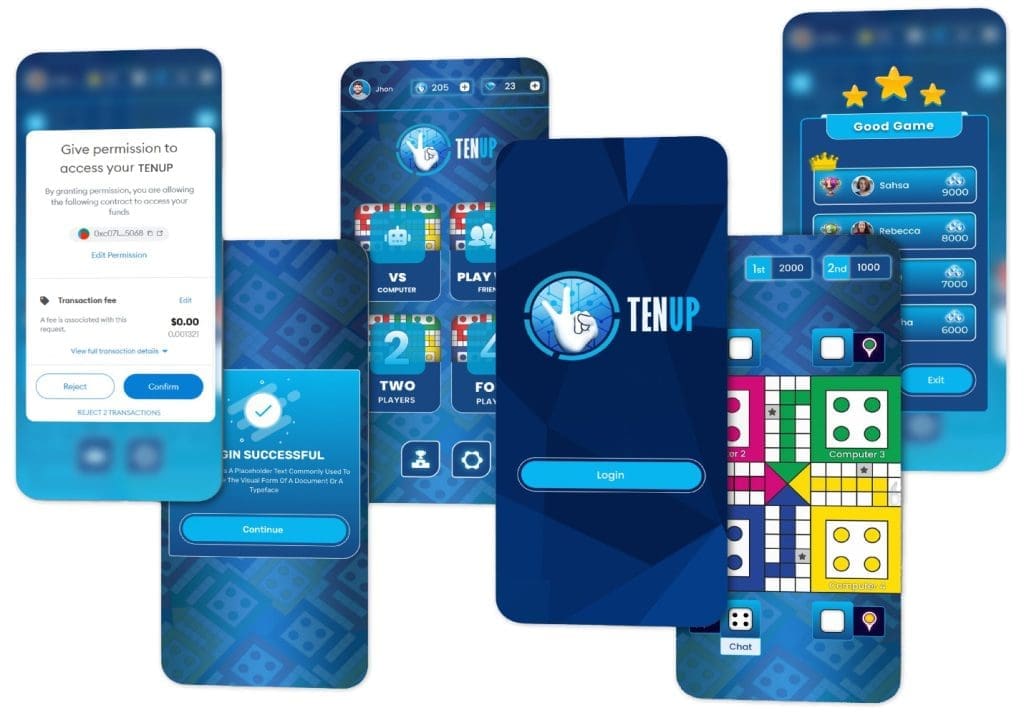TenUp—a decentralized platform operating in the Web3 industry with decentralized applications—is scheduled to release its Ludo game. Adapted from a traditional arcade game, Ludo utilizes blockchain technology to create a fun, interactive, and token-generating game. Players roll dice, compete against each other, capture each other’s pieces, and race to be the winner. As an exciting game feature, the loser must pay the winner TenUp coins.
Everything about TenUp
TenUp is a decentralized platform. It has the stated goal of enhancing and fostering Web3 projects and decentralized functions. In addition to launching a staking platform, TenUp is also improving its blockchain by creating a personal bridge.
In addition, TenUp touts the launch of its “analyzer,”—which refers to the place where customers can “make smart selections and analyze how markets will react and earn from it.”
TenUp Ludo NFT “Lit Paper”
Scheduled to be released by the end of 2022, TenUp’s Ludo is already making many excited. Version 1.1 is being used to launch the Ludo NFT—which is “a digital rendition of the classic arcade game style and format.”
The Lit Paper is especially intriguing because it provides the history of the Ludo game. Ludo has been around since the sixth century CE. Its first patent was applied in England in August 1891. The invention was named “Royal Ludo.” The game soon became known as “Uckers” but also took on various names depending on the country playing it.
Ludo’s NFT: Playing the Game
TenUp´s Ludo is set to arrive. Version 1.1 of this NFT game stands to reach a wider audience with greater ease and give users more control. TenUp Ludo 1.1 is “a digital recreation of the design and structure of the iconic arcade game.”
Playing the game is simple. If a user wants to play with other users, the user needs 100 TenUp coins to get started. These TenUp coins need to be placed in their MetaMask wallet. Each “player” has a yard with four pieces. The game will randomly select the first participant. The players then take turns rolling dice.
The pieces in the yard move based on the dice, but if no parts are on track, the player loses their turn. If a player throws a six, they get another throw. When the player reaches an opponent’s square, “a piece is caught and returned to its owner’s yard.” In other words, the piece is captured and goes back to the owner’s land. To win, the player’s parts need to be in the middle. The loser should give the winner TenUp coins.
Additional Features of Ludo
Additional Features of Ludo
In addition to the Ludo game, the game will also feature nonfungible tokens (“NFTs”). Every player will be eligible to receive an NFT as a prize once they win 20 games. Once a player has received an NFT, they can stake it on the company’s NFT marketplace. The staking eventually leads to winning TenUp tokens.
Further, players have the opportunity to combat for awards such as bounties and bonuses when they collaborate within the “Ludo tournaments
Conclusion
TenUp’s Ludo stands to be a top-rated game. It draws upon centuries of tradition in gaming and adds to the innovations of blockchain technology. In a game where players compete for tokens by using pieces and rolling dice, Ludo will also feature NFT specials upon reaching 20 successful levels. Therefore, in addition to the simple “game-like” environment, there is a great incentive to go above and beyond to receive an NFT. TenUp enthusiasts eagerly await Ludo’s launch at the end of 2022.

















